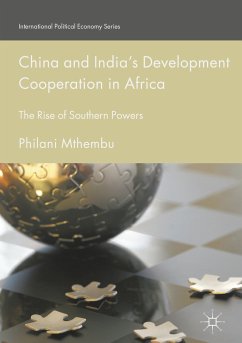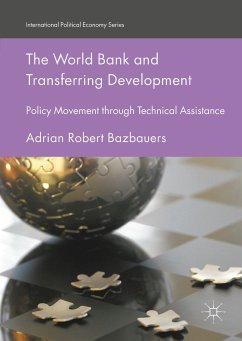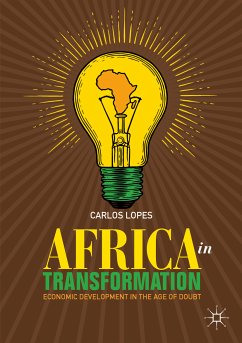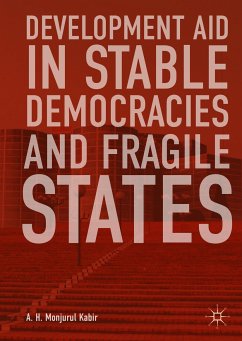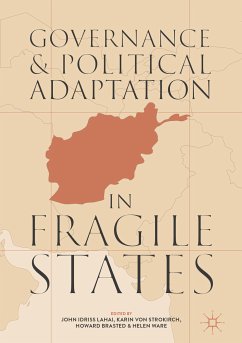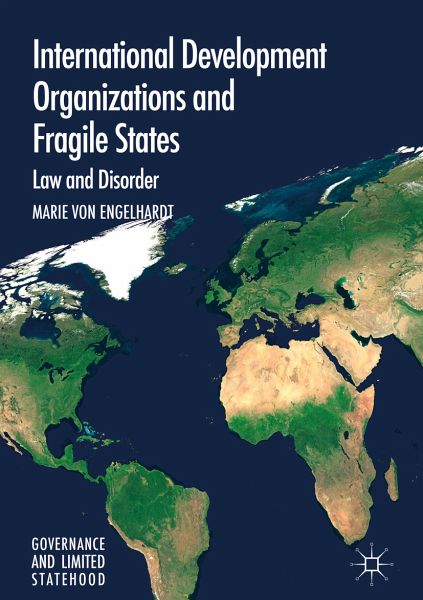
International Development Organizations and Fragile States (eBook, PDF)
Law and Disorder
Versandkostenfrei!
Sofort per Download lieferbar
88,95 €
inkl. MwSt.
Weitere Ausgaben:

PAYBACK Punkte
44 °P sammeln!
This book addresses a conundrum for the international development community: The law of development cooperation poses major constraints on delivering aid where it is needed most. The existence of a state with an effective government is a basic condition for the transfer of aid, making development cooperation with 'fragile' nations particularly challenging. The author explores how international organizations like the World Bank have responded by adopting formal and informal rules to engage specifically with countries with weak or no governments. Von Engelhardt provides a critical analysis of th...
This book addresses a conundrum for the international development community: The law of development cooperation poses major constraints on delivering aid where it is needed most. The existence of a state with an effective government is a basic condition for the transfer of aid, making development cooperation with 'fragile' nations particularly challenging. The author explores how international organizations like the World Bank have responded by adopting formal and informal rules to engage specifically with countries with weak or no governments. Von Engelhardt provides a critical analysis of the discourse on fragile states and how it has shaped the policy decision-making of international organizations. By demonstrating how perceptions of fragility can have significant consequences both in practice and in law, the work challenges conventional research that dismisses state fragility as a phenomenon beyond law. It also argues that the legal parameters for effective global policy play acrucial role, and offers a fresh approach to a topic that is central to international security and development.
Dieser Download kann aus rechtlichen Gründen nur mit Rechnungsadresse in A, B, BG, CY, CZ, D, DK, EW, E, FIN, F, GR, HR, H, IRL, I, LT, L, LR, M, NL, PL, P, R, S, SLO, SK ausgeliefert werden.



